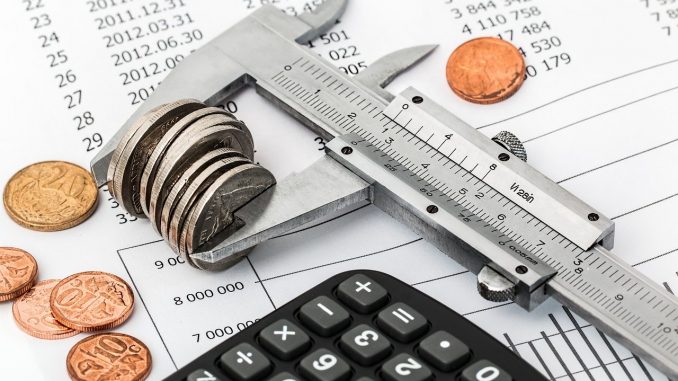
The U.S. currency is on a 20-year high against the Euro and other currencies are not doing much better, as the Dollar is supported
by the tightening of U.S. monetary policy.
For importing countries, such as Morocco, this has a real impact on the cost of our imports in dollars and therefore on purchasing power.
The Dirham fell sharply against the dollar, breaking the 10.25 MAD/USD barrier for the first time since 2020, bringing it to a 20-year low against the dollar.
In fact, Morocco has 43 billion dirhams of foreign debt to repay this year. Of this amount, 17 billion dirhams are in the form of eurobonds (market debt denominated in dollars). Projections made by the Ministry of Finance show that this 2022 fall is one of the largest by 2030, alongside that of 2024 when the Kingdom will have to face a fall of 25 billion dirhams.
How to repay this debt?
The Treasury can either “roll over the debt” by repaying a maturing debt with a loan of the same amount. This amounts to borrowing again on the international markets with the almost certain risk of borrowing at a higher price because the dollar is appreciating and so are the FED rates. Even if
the risk premium is attractive, the additional cost of a rollover is unavoidable. The other way is to use the
domestic debt
market
and draw on our foreign exchange reserves to meet this debt. While technically this is possible, it will have disastrous consequences by drying up liquidity in the domestic market, resulting in a significant increase in rates and, in general, in the cost of money.
The State seems to be heading towards the first option since a source at the Ministry of Finance had told the Bloomberg agency, in June, that the Kingdom could raise up to 25 billion DH (or 2.5 billion dollars) this year on the international markets.
However, the latter has yet to decide on the size, timing and maturity of the issue.
But traders in the interest rate market are almost indifferent to this information, which only reassured them for a short time. For since then, the market has been anxious and rates have been rising relatively quickly.

Be the first to comment